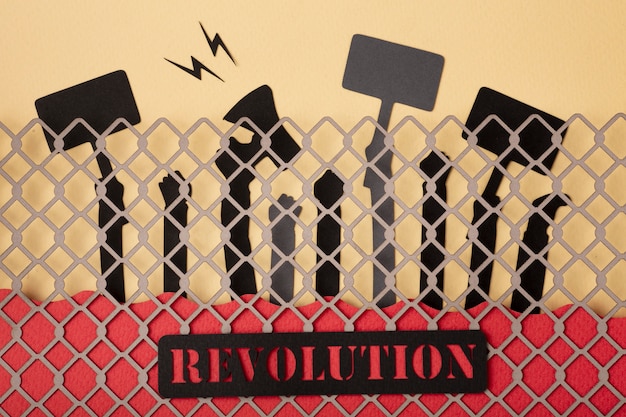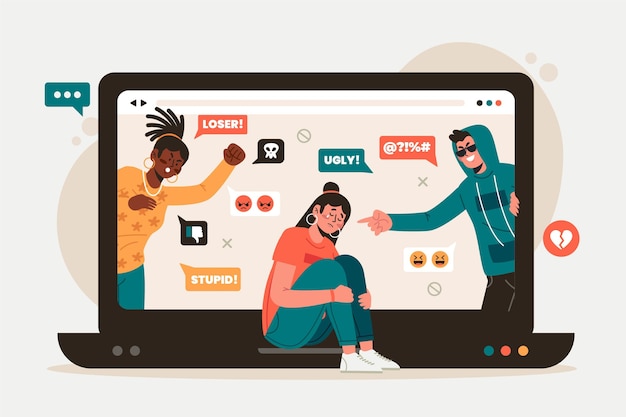It’s a question that echoes through dinner tables, newsrooms, and social media feeds: Why can’t people just get along? Whether it’s political polarization, family feuds, or cultural clashes, the world often feels more divided than ever. Despite shared goals—peace, prosperity, safety—conflict seems to dominate. But beneath the surface, powerful psychological, social, and evolutionary forces are at play.
On paper, most people agree on fundamental values: fairness, safety, family, and opportunity. Studies show that Americans, for example, share more common ground on key issues than media narratives suggest. Yet, perception often overrides reality. We tend to overestimate the differences between 'us' and 'them,' especially in politics. This phenomenon, known as belief polarization, makes compromise feel impossible—even when agreement is within reach.

Human beings are wired for tribalism. Evolution favored those who bonded tightly with their group for survival. Loyalty, shared beliefs, and in-group cooperation increased chances of survival. But this same wiring now fuels modern divisions. We still form 'tribes'—political parties, religions, nationalities—and defend them fiercely.
Psychologists call this moral tribalism: the tendency to circle around sacred values and then justify our positions after the fact. We don’t reason our way to beliefs—we feel them first, then rationalize. This leads to moral outrage, echo chambers, and the demonization of outsiders. As one study noted, we’re not reasoning machines; we’re intuitive judges with lawyers on speed dial.
Modern media amplifies division. Algorithms reward engagement, and conflict drives clicks. Outrage, fear, and controversy spread faster than nuance or compromise. Social media turns disagreements into public spectacles, where reputation and identity are on the line. In this environment, backing down feels like betrayal.
Moreover, we consume information in silos. Liberals watch liberal news; conservatives trust conservative outlets. Each side receives a different version of reality. Without shared facts, dialogue collapses. Misinformation thrives, and trust erodes.

Even within families, the 'just get along' plea often falls flat. Adult children and parents may struggle to connect—not due to deep conflict, but simple incompatibility. Some grow apart. Interests diverge. Values shift. One may prioritize independence; the other, tradition. Over time, these differences create emotional distance.
And because family relationships are loaded with history and emotion, minor disagreements can trigger major rifts. The expectation to 'get along' adds pressure, making genuine connection harder. Sometimes, the healthiest path isn’t forced harmony, but respectful distance.
Many assume that if people were just more rational, they’d find common ground. But emotions drive most decisions—especially moral and political ones. When core values feel threatened, logic takes a back seat. Telling someone to 'calm down' or 'see both sides' often backfires, triggering defensiveness.
True dialogue requires empathy, not just facts. It means listening to understand, not to rebut. It involves recognizing that the other person’s fears and values are real to them—even if you disagree. This kind of engagement is rare in public discourse, where performance often trumps authenticity.
Yes—but not through wishful thinking. Lasting harmony requires structural and personal changes:

The desire to get along is universal. But it’s not enough. We must confront the deeper forces that pull us apart: tribal instincts, emotional reasoning, and systems that profit from division. Real connection requires effort, courage, and a willingness to be vulnerable.
Getting along doesn’t mean agreeing on everything. It means respecting differences, listening deeply, and choosing dialogue over dominance. In a world that often feels fractured, that choice—repeated daily—might be our best hope for unity.

Wellness

Wellness

Wellness

Wellness

Health

Fitness

Health

Health